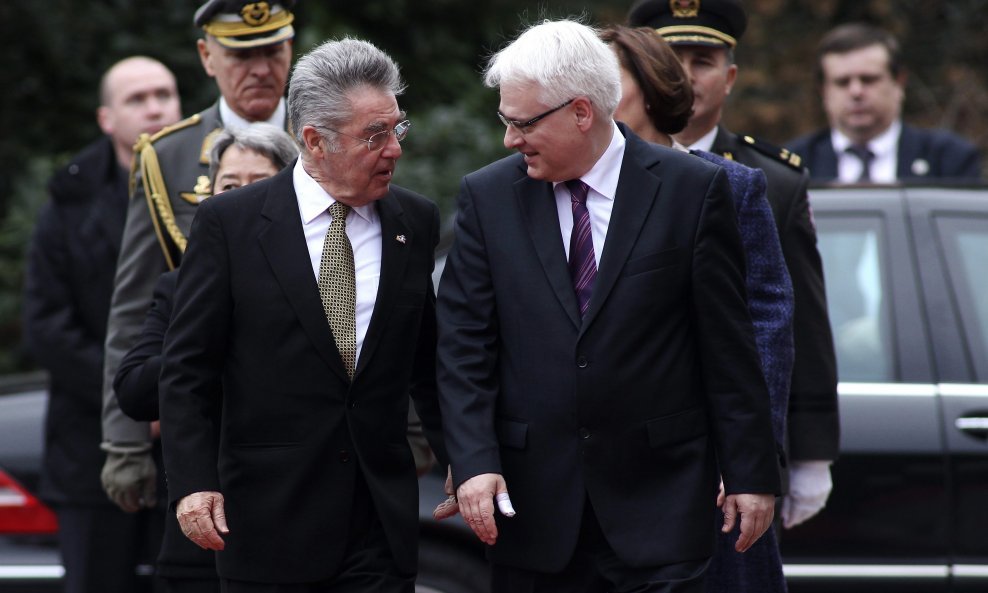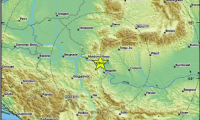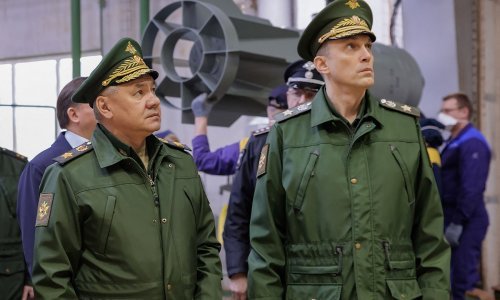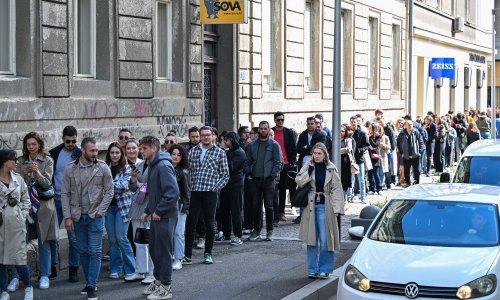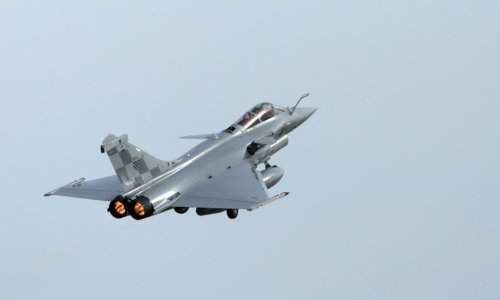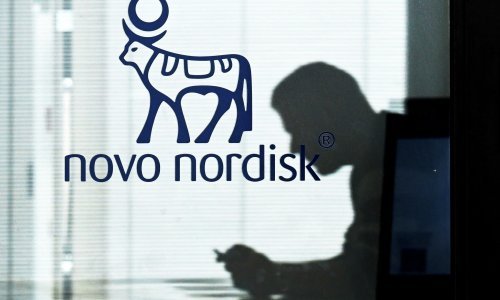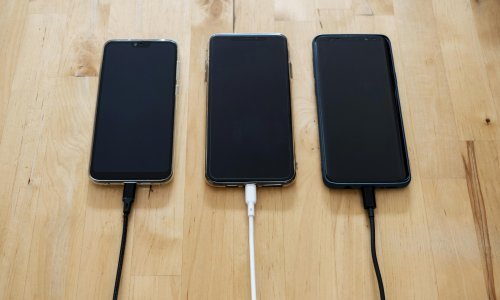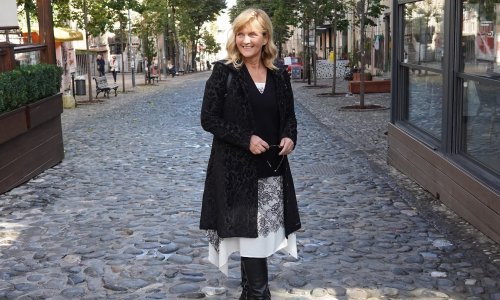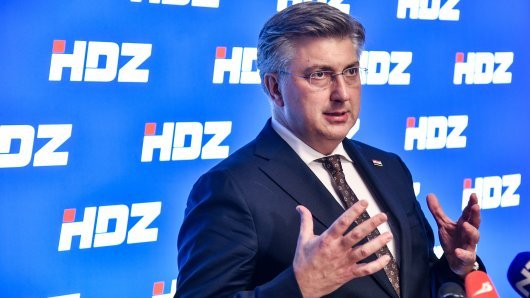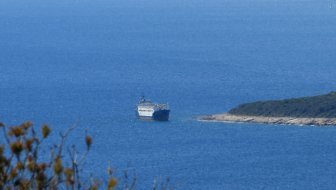Austria's President Heinz Fischer on Monday signed the Croatia-EU Accession Treaty, with his Croatian counterpart Ivo Josipovic attending that ceremony in Vienna and thanking Austria for the swift ratification which he said was a sign that "Croatia is welcome in Europe".
Addressing a news conference after the document-signing ceremony, President Josipovic thanked his host Fischer for having invited him to the ceremony and for having discussed some other issues on that occasion.
This is an important day for Croatia. The swift ratification is a message to Croatia that it is welcome in Europe. Our message is that we will try not only to make use of the European Union membership but also to give a new quality to the Union, Josipovic said.
The Austrian head of state recalled that during his visit to Croatia in February he had promised that he would see to it that Austria completed the ratification processes before summer.
This past week both chambers of the Austrian parliament ratified the Croatia-EU Accession Treaty and Fischer's signature on the treaty brought this process to completion. Austria is the 11th EU member-state to ratify this treaty.
Fischer said that upon its entry to the EU, scheduled for 1 July 2013, Croatia would be a stabilising factor in the Balkans and it would find itself in a group of countries -- Austria, Hungary, Slovenia, Slovakia and the Czech Republic -- that shared the same goals and wishes.
Although Austria and Croatia do not share a physical border, we feel like neighbours as a result of centuries-long historical ties between Croatia and Austria, Austria's assistance to Croatia since the very beginning of its sovereignty and serious cooperation in many areas, Josipovic said.
Josipovic's visit to Vienna was also an opportunity to discuss other topics, including economic cooperation, which was why President Fischer had invited Austrian Economy Minister Reinhold Mitterlehner to their working dinner to discuss the removal of administrative barriers for investments.
Asked by an Austrian reporter whether Slovenia might block Croatia's admission to the EU, Josipovic said that Slovenia was not doing it and had never done that, and he pointed out the friendly relations between those two neighbours.
He said that there was the issue of the debt of the now-defunct Ljubljanska Banka to clients in Croatia and that its solution had been agreed in principle, however, the agreed mechanism was not functioning which, he added, was neither Croatia's nor Slovenia's fault.



